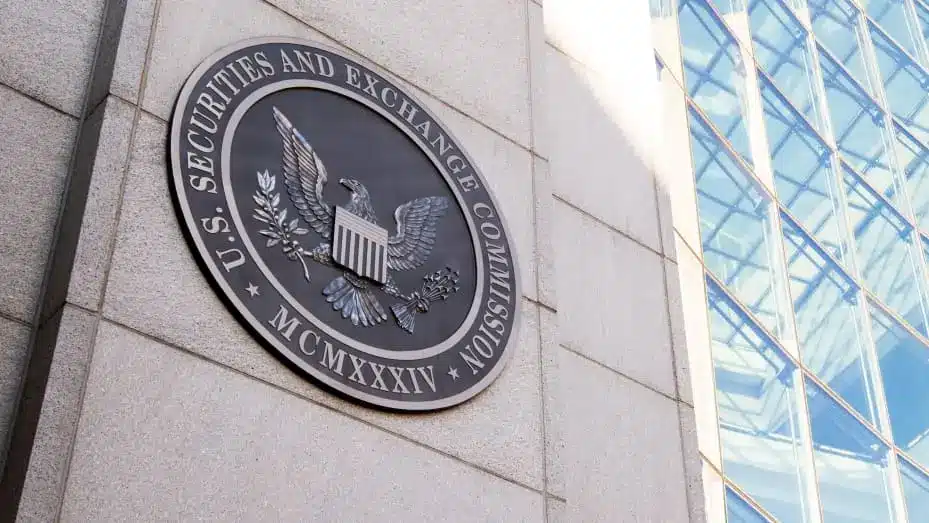The United States House of Representatives passed a bipartisan bill, H.J. Res 109, aimed at overturning the Securities and Exchange Commission’s (SEC) contentious Special Accounting Bulletin 121 (SAB 121). The bill, introduced by Republican Congressman Mike Flood, received significant support from both sides of the aisle, with 21 Democrats joining unanimous Republican votes, resulting in a 228-182 victory. This legislative action seeks to eliminate restrictions placed on banks regarding the custody of cryptocurrency assets on their balance sheets, effectively nullifying the SEC’s guidance.
Read Also: Cryptocurrency spot Bitcoin ETFs experience the first outflows in Hong Kong
Bipartisan Support for Bill Overturning SEC Guidance
The bipartisan resolution reflects a growing consensus among lawmakers regarding the unfairness of SAB 121, which mandates that banks treat cryptocurrency assets differently from traditional securities. Congressman Flood argued that this guidance places an undue burden on banks and impedes their ability to offer custodial services for digital assets. With support from both Democrats and Republicans, the bill aims to address these concerns and ensure a level playing field for financial institutions in the crypto space.
House Financial Services Committee (HSFC) Chairman Patrick McHenry criticized SAB 121 as an example of regulatory overreach, highlighting the need to remove barriers preventing regulated banks from engaging in crypto custodianship. The passage of H.J. Res 109 signifies a significant step toward regulatory clarity in the burgeoning crypto market, as it seeks to empower financial institutions to embrace digital assets without facing undue regulatory constraints.
White House Stance and Potential Veto Threat
Despite the bill’s successful passage in the House, President Joe Biden has voiced his intention to veto the legislation. The White House issued a statement expressing strong opposition to the overturning of SAB 121, citing concerns about potential disruptions to the SEC’s investor protection efforts and the stability of the financial system. The administration maintains that limiting the SEC’s regulatory authority over crypto-assets could lead to increased market uncertainty and financial instability, emphasizing the importance of maintaining a comprehensive regulatory framework.
The White House’s stance sets the stage for a potential showdown between the executive and legislative branches over the future of crypto regulation in the United States. While lawmakers have signaled their support for nullifying SAB 121, President Biden’s veto threat introduces a layer of uncertainty regarding the bill’s ultimate fate. The clash between congressional intent and executive prerogative underscores the complexities surrounding the regulation of cryptocurrency in the evolving financial landscape.
The passage of H.J. Res 109 represents a significant development in the ongoing debate over the regulation of crypto assets and the role of traditional financial institutions in their custody. Proponents argue that overturning SAB 121 will remove barriers to entry for regulated banks, allowing them to offer custodial services for digital assets on par with traditional securities. This, in turn, could facilitate greater institutional adoption of cryptocurrencies and enhance investor confidence in the market.
Read Also: Poloniex Cryptocurrency Hacker Starts Depositing Stolen Cryptos to Tornado Cash
